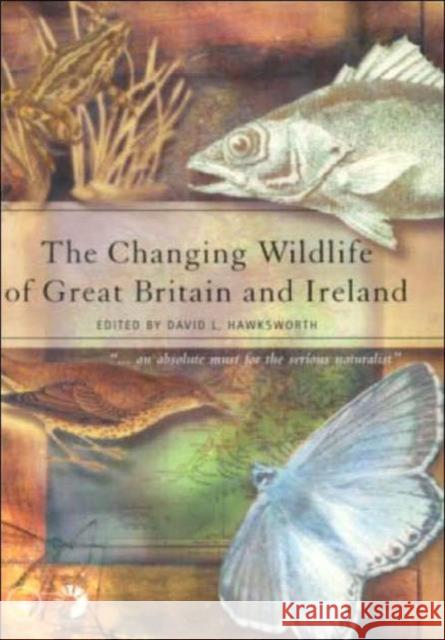The Changing Wildlife of Great Britain and Ireland » książka
The Changing Wildlife of Great Britain and Ireland
ISBN-13: 9780415326810 / Angielski / Miękka / 2003 / 470 str.
Periodic comprehensive overviews of the status of the diverse organisms that make up wildlife are essential to determining trends, threats and future prospects. Just over 25 years ago, leading authorities on different kinds of wildlife came together to prepare an assessment of their status of a wide range of organisms in Great Britain and Ireland in The Changing Flora and Fauna of Britain, also edited by Professor David L. Hawksworth CBE. Now, in The Changing Wildlife of Great Britain and Ireland, he has gathered together some of the original and also new contributors to review changes since that time and look to the future. Contributions range from viruses, diatoms, fungi, lichens, mites and nematodes; through butterflies, dragonflies, flies and slugs; to flowering plants, ferns, mammals, birds and fish. The state of knowledge in different groups is assessed, and the effectiveness of statutory and other measures taken to safeguard wildlife considered.
The picture is far from bleak, ameliorating sulphur dioxide levels have benefited sensitive lichens and mosses in a dramatic way, water quality improvement has been beneficial, there have been few certain extinctions and rediscoveries of species thought to have been lost. Biodiversity Action Plans have also benefited targeted species, but habitat restoration and management for some is not always good for others.
But there are worrying trends in declining populations, with an increasing number being regarded as threatened or endangered, especially in agricultural areas, and where woodland management has changed, particular threats from introduced species, and concern over the effects of climate change. Some of the smaller organisms remain poorly known, a situation unlikely to change as expertise in many is scant or being lost. This stock-check and look to the future will be a key source book to conservationists, naturalists, and professional biologists for many years to come.











